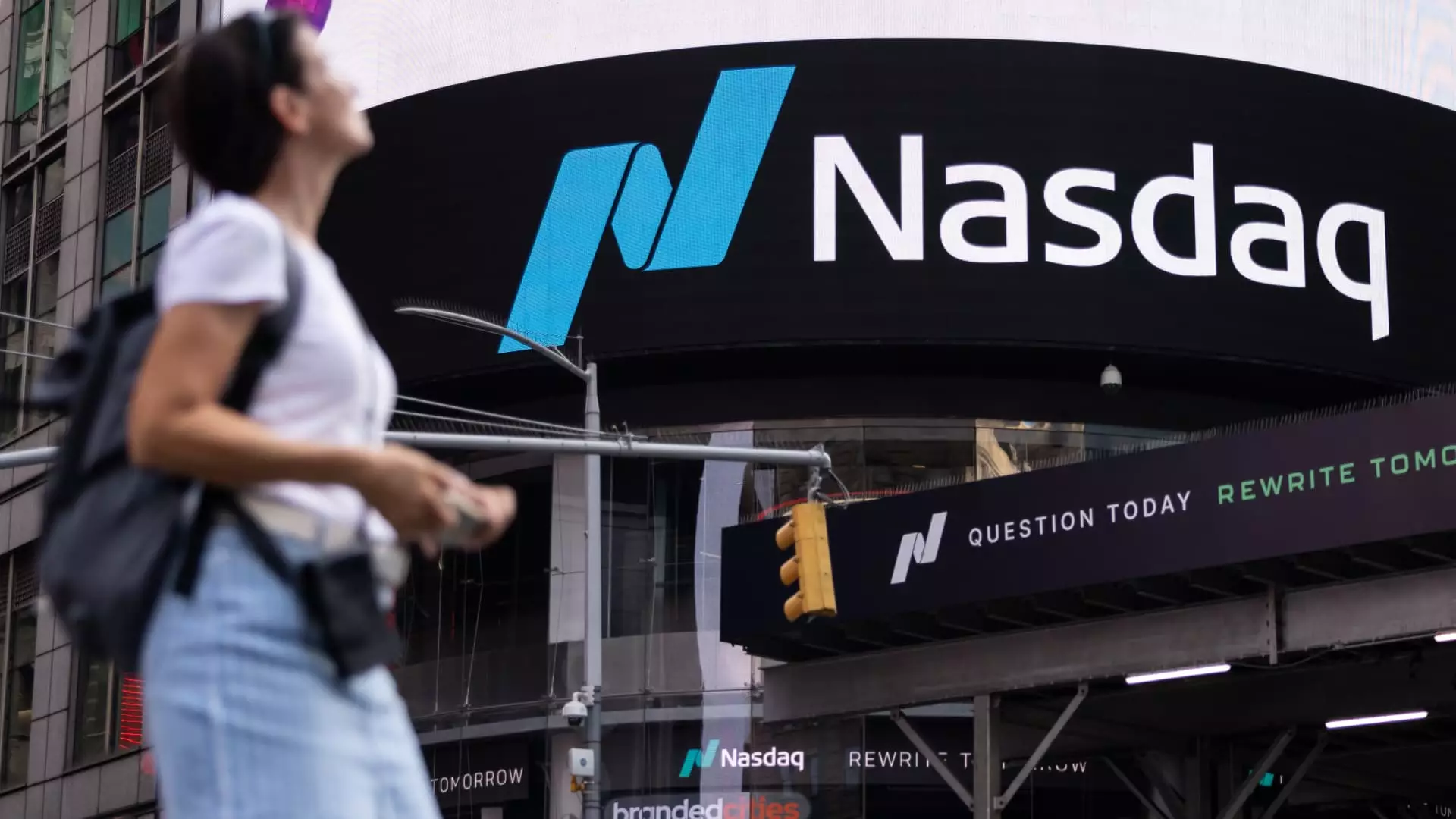The financial landscape is continuously evolving, and the recent decision by KKM Financial to convert its Essential 40 mutual fund into an exchange-traded fund (ETF) exemplifies this change. This move not only signifies a broader shift among asset managers towards more tax-efficient investment vehicles but also reflects a keen understanding of investors’ preferences and market demands. As asset managers increasingly recognize the advantages of ETFs over traditional mutual funds, this transformation could set a precedent for the future of investment strategies.
The transition from mutual funds to ETFs is becoming increasingly common, particularly in light of the changing regulatory environment. A pivotal moment occurred in 2019 when the Securities and Exchange Commission (SEC) implemented rules that made it easier for funds to adopt active investment strategies within an ETF structure. This regulatory relaxation has cleared the way for asset managers to innovate and restructure their portfolios, leading to a decline in the number of active equity mutual funds—a trend highlighted by Strategas, which noted that these funds have reached their lowest levels in 24 years.
ETFs have gained favor not just for their flexibility, but also for their tax efficiency, which is a crucial consideration for investors. Unlike mutual funds, where investors may unexpectedly incur capital gains taxes due to portfolio reallocations or investor withdrawals, ETFs offer a more controlled environment. KKM Financial’s founder, Jeff Kilburg, emphasized this advantage, noting that many wealth advisors he collaborates with express concerns about the capital gains distributions typically associated with mutual funds. This taxation issue is urging investors to reconsider their options, further accelerating the shift to ETFs.
The Essential 40 ETF, which will be traded under the ticker ESN on the Nasdaq, is designed with a straightforward investment philosophy: “buy what you use.” This phrase encapsulates KKM Financial’s strategy of creating an equal-weighted fund encompassing significant players in the economy, including JPMorgan Chase, Amazon, Waste Management, and Eli Lilly. According to Kilburg, these companies are not just component parts of an index; they are essential to the health of the U.S. economy. This strong conviction about their relevance is likely to resonate with investors seeking exposure to industries underlying everyday consumer activity.
Equal-weighted funds often demonstrate resilience during market downturns, positioning them as a viable choice in uncertain economic climates. KKM’s prior mutual fund version of Essential 40 had shown commendable performance, especially in 2022, where it sustained a decline of less than 11% compared to a category average of approximately 17%. This performance indicates a robust investment strategy that may attract both new and existing investors to its restructured ETF.
The current market environment has amplified the popularity of equal-weighted strategies, particularly amid concerns over excessive reliance on a handful of high-performing stocks—often referred to as the “Magnificent Seven.” This has heightened investor interest in diversifying their portfolios beyond these dominant players. The staggering influx of more than $14 billion into the Invesco S&P 500 Equal Weight ETF (RSP) underscores this demand for balanced and diversified market exposure.
Moreover, KKM’s Essential 40 ETF had already begun seeing positive momentum prior to its conversion, with an impressive year-to-date increase of approximately 16% in 2024 and assets totalling around $70 million. Such performance statistics are enticing for potential investors, particularly when coupled with a net expense ratio of 0.70%, which mirrors that of its mutual fund predecessor.
KKM Financial’s conversion of the Essential 40 mutual fund into an ETF is more than a mere structural adjustment; it is a strategic alignment with evolving investor needs and market trends. As more asset managers navigate the complexities of investor expectations in a tax-conscious environment, such initiatives could redefine how investment products are designed and marketed. The case of KKM Financial serves as a clarion call in the investment community, illuminating the pathway forward in a landscape increasingly characterized by innovation and efficiency.

